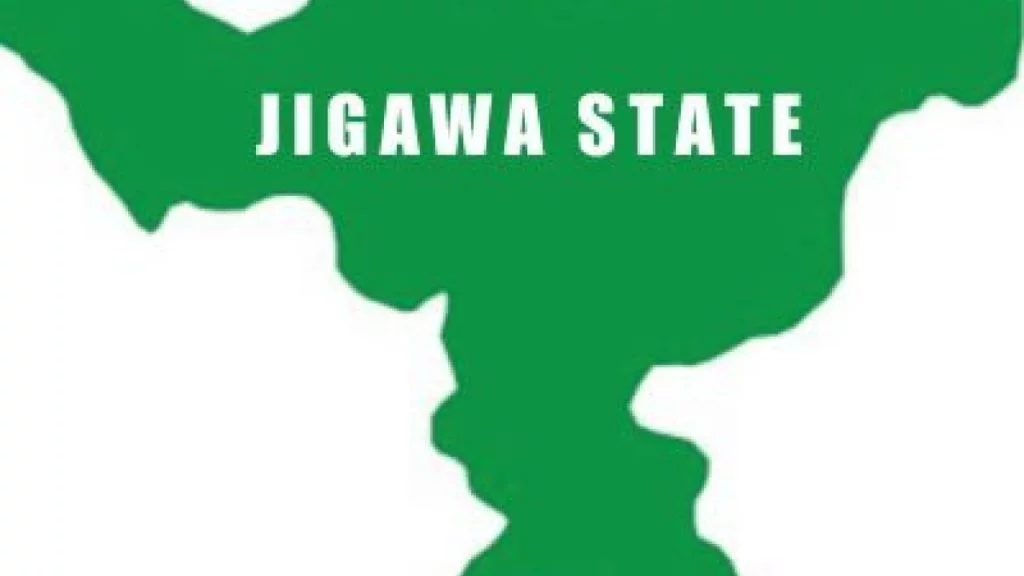
Jigawa State has emerged the best State in the Nigerian States Budget Transparency Survey 2022.
In the report released on Tuesday by Civil Resource Development Centre, CIRDDOC in Abuja, the state scored 84% to defeat Kano, Adamawa and Ondo which scored 64; 63 and 61 respectively among other 32 states and FCT.
The survey brings to the fore issues of transparency, participation and accountability in the budget and procurement process at the sub-national level in Nigeria.
The report shows some positive changes in the number of states that now publish their budget documents in 2022 compared to 2020.
While it is a positive development that more states now publish their budget documents, the data shows inconsistency as some states stopped publishing some documents that had previously been published.
Going by the type of documents made available by States, the survey revealed that state publication of budget documents improved in 2022 compared to 2020.
Though, it was indicated that some states published budget information in 2022 than in 2020, the quality of information in the published documents did not earn maximum scores to significantly move the needle in terms of the overall scores.
Meanwhile, the general decline in the average score reflects the deli e in the scores of States.
While some states improved on their transparency scores, in 2022, many of the states retrogressed.
On public availability of documents, the survey further revealed a decline in the average degree of public availability of budget documents in the 36 states of the federation.
The average score for public availability of budget documents which increased from 26%in the 2015 pilot study to 49% in 2020 fell to 47% in the 2022 survey.
On state by state basis
No state of the federation provided extensive budget information to the public 81%-100%) in 2022.
This represents a significant decline from the 2020 performance in which two states of Ondo and Jigawa, provided extensive budget information to the public,nscoring 86% and 91% respectively.
From the report, only eight states of Jigawa,Edo, Adamawa, Kano, Ondo, Akwa Ibom, Kogi and Yobe demonstrated some level of transparency as they scores more than 660% in the period under review.
On the other way round, 16 States of Ogun, Osin,Kaduna, Ekiti, Borno, Zamfara, Abia, Gombe, Katsina, Enugu, Bauchi, Cross River, Oyo, Kwara, Kebbi and Anambra were less transparent as they scores 49% -60%.
Others, Plateau, Bayelsa, Imo, Lagos, Ebonyi , Nasarawa, Tarabaa, Sokoto, Delta, Benue, Rivers and Niger scored 40% and below.
Overall, 14 states scored below the national average in 2022 compared to 20 states that scored below the national average in 2020, a modest improvement.
As cursory disclosure examination of the data on the level of public disclosure in the procurement process in Nigerian states I dictates that on average, the amount of public disclosure in the states’ procurement process increased from 40% in 2020 to 59% in 2022.
On the strength of legislature, the survey reveals that legislature played a critical role before, during and after the approval of the budget. The average score for the state budget oversight index in 2022 is 43%. This represent a a significant improvement compared to the average oversight a score of 30% recorded in 2020.
Ondo, Jigawa and Kaduna states top the states with over 70% in the quality of legislative budget oversight.
However, the report shows that there were still obstacles the legislature overcome to effectively oversee the budget, including lack of financial autonomy for the AG and for itself. Others are weak budget system, restrictions on the ability to amend the proposed budget etc.
Some of the recommendations made in the survey are: treating access to information as a right with sanctions for defaulters; to deepen access to budget information, both state and
non-state actors should work towards enacting/amending PFM laws to guarantee access to budget information as a right rather than a privilege and need clearer state PFM laws: that is all government’s financial transactions should be premised on openness and transparency.
Earlier in her welcome address, the Executive Director, Civil Resource Development and Documentation Centre (CIRDDOC), Mrs. Nwankwo-Obioha said transparency is an important first step to holding governments accountable for how they use the people’s resources.
She said it is against this background, that CIRDDOC developed the SNBTS project with the objectives to compare the degree of budget transparency across states, promote international best practices with regards to budgeting and budget process in the states, and inspire and encourage the spirit of ‘competitiveness’ amid states towards promoting budget transparency and government accountability.
The report is the fifth report since the pilot in 2012, which covered only 15 states; 2015, 2018, 2020, and now 2022 covered 36 states of the federation.
The Sub-National Budget Transparency Survey (SNBTS) is a project implemented by the Civil Resource Development and Documentation Centre (CIRDDOC) and funded by the Foreign Commonwealth and Development Office (FCDO) with the general goal of instilling transparency in budgeting and budget process across the 36 states of the federation by focusing on five key indicators; public availability of budget information, public participation in the budget process, the strength of the oversight institutions, public availability of procurement information.
High point of the event was presentation of consistent and outstanding award to Jigawa state government by CIRDDOC.
Source | Vanguard










